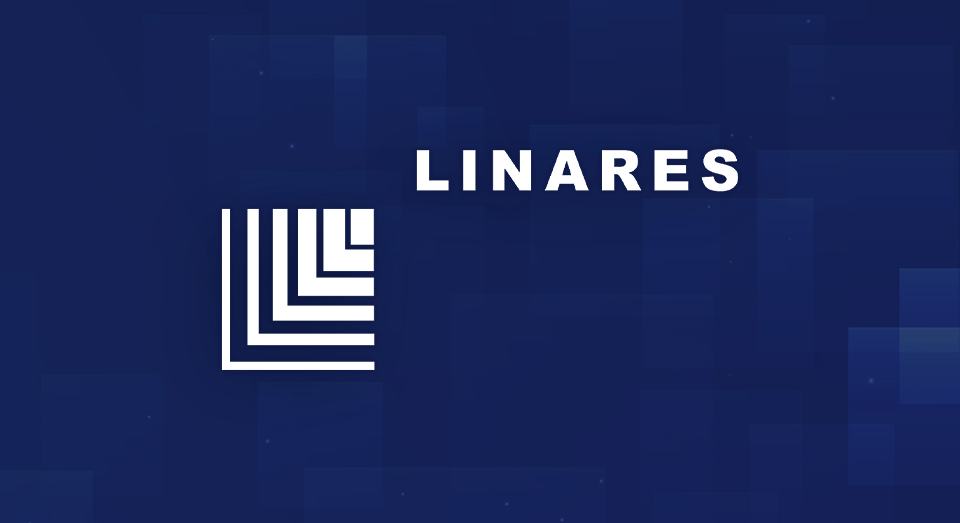Great concern has been generated by the shortage and rising prices of medicines for the treatment of coronavirus, daily the media report this unfortunate situation that puts at risk the life and health of thousands of Peruvians who are unable to access the medicine that in many cases will be the difference between life and death, without to date the Government has taken any effective measure to put an end to this serious situation.
It should be noted that we are facing a sui generis situation generated by the Pandemic as a disruptive event in all order of things, where the demand for medicines has risen exponentially, and within which the market does not have the mechanisms of immediate supply on a large scale; a situation that would be taken advantage of by economic groups to hoard and speculate in order to profit at the expense of the life and health of thousands of people, which is reprehensible to say the least and should be punished exemplarily.
Many wonder why the cases of speculation in which this sector would be incurring are not criminally punished, through the crime of Speculation provided for and punished by art. 234° of the Criminal Code, and this is due precisely to the configuration or description of the crime itself. Explaining the legal assumption requires how he subject fraudulently incurs in raising the prices of products declared of primary need, above the price set by the competent authority, therefore we are facing a blank criminal figure, meaning that we require an extra criminal rule for the configuration of the crime, in this case it would be essential that the competent authority establishes which goods will be considered of primary need and establishes a sort of price list (price control); This is materially forbidden in our legal system, since in a social market economy model to which our Political Constitution (art. 58) adheres, prices are freely fixed. 58) prices are freely fixed according to the law of supply and demand. Therefore, it is inapplicable such criminal assumption, otherwise it would become unconstitutional.
Now, with all respect to the crime of hoarding (previously typified in Article 233° of the Criminal Code¹ ) aimed at punishing the theft and hoarding of goods in large quantities before they reach the consumer market, with the purpose of raising prices, causing shortages or obtaining undue profit to the detriment of the community. This criminal offense was repealed in 2008 by Legislative Decree 1034- Law for the Repression of Anti-competitive Conduct, and is now sanctioned at the administrative level by INDECOPI.
In view of the current situation, we agree with the need and urgency of exemplary penalties in criminal proceedings for this type of conduct, since they occur in a state of emergency where the life and health of thousands of people are at risk; for this purpose, it would be necessary to introduce legal amendments to the existing framework and redefine the figure of hoarding but under a respectful view of the constitutional economic model, and it is precisely in that line that legislative reforms have been promoted both by the Ombudsman’s Office² (project dating from 2017, seeks to punish such practices in emergencies and disasters); as well as the recent Bill of the Attorney General’s Office of the Nation (P. L No. 5288/2020-MP) suggesting normative changes under another structure regarding the description of the crime of hoarding to save unconstitutionality, at the same time they propose the modification of the crime of speculation, which although it is in force has fallen into disuse, since it is inapplicable according to the current constitutional framework.
It is interesting that this proposal seeks to sanction those cases of special gravity, that is, when the life and health of the community is at risk and in the framework of a state of calamity and/or emergency; excluding other cases of lesser importance that will continue to be subject to administrative sanction before Indecopi.
At the Executive level, recent measures have been issued, such as the authorization to laboratories to sell directly the medicines used for the treatment of the disease, and they also provide for the inclusion of three products for Covid 19 to the list of generic medicines that every pharmacy must have in stock. In this regard, experts in the field affirm that these measures are ineffective, for example, the laboratories do not have the inputs for production, nor the infrastructure for direct sales to the general public, which in no way eliminates the shortage of medicines, Likewise, in the case of azithromycin and paracetamol, included in the list of generic drugs since 2019, they are already scarce, therefore, again, these are good intentions, but the root of the problem is not attacked, and it would be necessary for public establishments to have a stock of generic drugs.
1 Both offenses were included in Title IX of the Penal Code – crimes against the economic order. It should be remembered that these offenses were also included in special laws during the previous criminal framework (Criminal Code of 1924) introduced by Decree Law 10906 of December 3rd, 1948, which punishes speculation and hoarding offenses during the Military Junta.
2. https://www.defensoria.gob.pe/emergenciasydesastresnaturales/images/p
royecto-de-ley-dp-sancion-al-acaparamiento-y-especulacion.pdf


